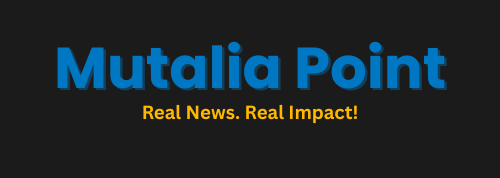FBR field audit industries is underway as Pakistan’s Federal Board of Revenue has officially kicked off a sweeping audit drive. With 102 sector and audit experts appointed, the initiative targets 42 major industries across the country. The goal is simple: shine a light on tax compliance and crack down on evasion right where it matters.
FBR field audit industries emerges from growing concerns
In recent days, the FBR announced its plan to deploy specialists into industries ranging from automotive, textiles, and pharmaceuticals to banking, energy, construction, and telecom. The first wave focuses on 14 critical sectors—including automobiles, textiles, iron & steel, IPPs & DISCOs, pharmaceuticals, finance & insurance, banking, sugar, chemicals & fertilizers, real estate and construction, petroleum and lubricants, cement, telecommunications, and tobacco.
These audit experts will be selected through HR firms, and a special selection committee will finalize appointees. Audits may begin either virtually or in-person, based on what’s feasible and safe.

FBR audit experts strengthen oversight
FBR audit experts are central to the operation’s success. A total of 102 professionals will lend their expertise to the effort—each chosen carefully by HR companies, then vetted by a selection committee. This dual-layer selection system aims to ensure high quality, consistency, and credibility.
The field audits are not limited to one industry. Instead, they span across 42 industries—covering sectors such as aviation, chemicals, coal, food, IT, electronics, fertilizers, flour mills, plastic, poultry, paper and packaging, rice mills, beverages, departmental stores, and restaurants—just to name a few.
This move reflects FBR’s intensified efforts to enhance tax compliance and broaden the revenue base. By focusing resources on sectors that contribute significantly to Pakistan’s economy, authorities aim to ensure fairness and transparency.
The first audit phase zeroes in on key revenue-generating sectors. Exactly how long the audits will take, or what consequences await non-compliant businesses, remains to be seen—but the announcement signals a clear intent to act decisively and visibly.
Alongside the audit rollout, FBR is tightening its grip on tax evasion in other ways too. For example, the withholding tax on large cash withdrawals by non-filers has recently been raised from 0.6% to 0.8%, a move designed to promote transparency and accountability.
FBR field audit industries represent more than just routine checks. They are a strategic signal: the government is determined to close loopholes and ensure that major industries fulfill their tax responsibilities. By deploying trusted professionals directly to sector sites, FBR is stepping up oversight in a way both practical and visible.
The success of this drive will depend on prompt action, transparency in findings, and public trust. If handled well, the initiative could set a strong precedent for enforcing compliance with fairness—and help Pakistan build a stronger financial future.















